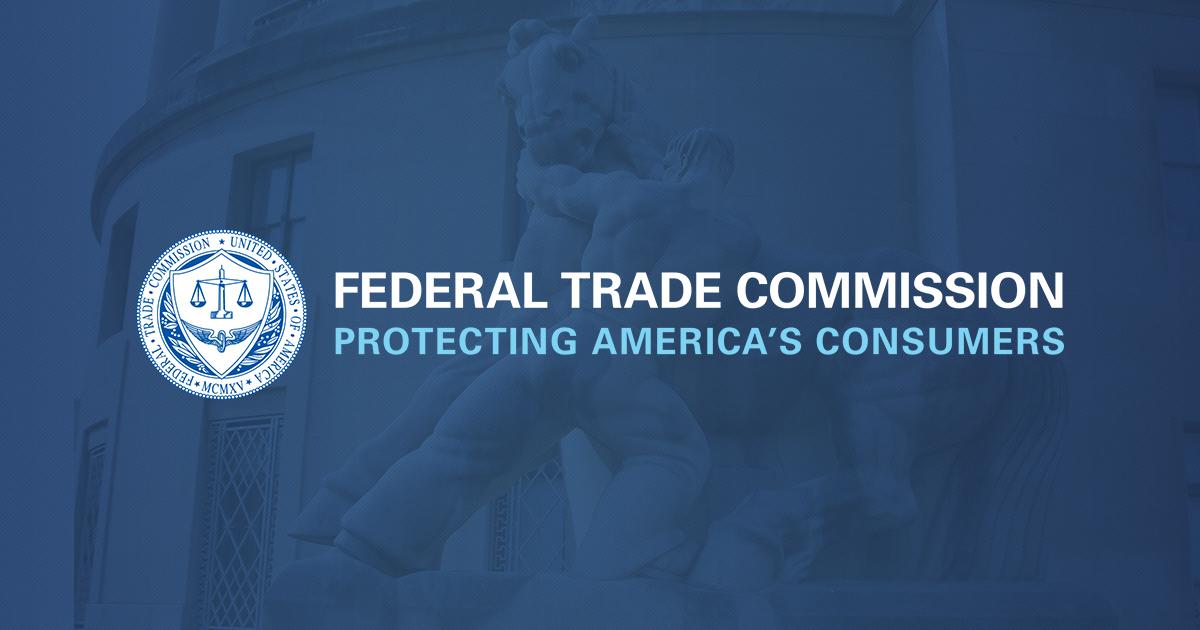The Federal Trade Commission is taking action against the Florida-based marketers of a line of weight-loss supplements who allegedly made baseless claims for their products, and then threatened to enforce “gag clause” provisions against consumers to stop them from posting negative reviews and testimonials online.
In a complaint filed in federal court, the FTC alleges that Roca Labs, Inc.; Roca Labs Nutraceutical USA, Inc.; and their principals have sued and threatened to sue consumers who shared their negative experiences online or complained to the Better Business Bureau, stating that the consumers violated the non-disparagement provisions of the “Terms and Conditions” they supposedly agreed to when they bought the products. The FTC alleges that these gag clause provisions, and the defendants’ related warnings, threats, and lawsuits, harm consumers by unfairly barring purchasers from sharing truthful, negative comments about the defendants and their products.
“Roca Labs had an adversarial relationship with the truth,” said Jessica Rich, Director of the FTC’s Bureau of Consumer Protection. “Not only did they make false or unsubstantiated weight-loss claims, they also attempted to intimidate their own customers from sharing truthful – and truly negative – reviews of their products.”
According to the FTC’s complaint, the defendants advertised their weight-loss products, Roca Labs “Formula” and “Anti-Cravings” powder, via the Internet and through online search and social media advertising such as Google, Bing, Yahoo, and Facebook. The defendants represented their products as safe and effective alternatives to gastric bypass surgery. They also claimed that users could lose as much as 21 pounds in one month, and that users have a 90 percent success rate in achieving substantial weight loss.
In addition, the defendants used testimonials and supposed “third-party” reviews to illustrate the weight-loss success consumers achieved with their products. They solicited “Success Videos” from purchasers by offering to pay 50 percent of the products’ price for providing positive reviews. In addition to threatening consumers who violated the gag clause provisions, the defendants claimed that consumers who posted negative reviews would owe the “full price” for their products – hundreds of dollars more than advertised or actually paid, according to the complaint.
The defendants sold the products starting at $480 for a three-to-four month supply, and have sold at least $20 million of the powder since 2010, according to the complaint.
In addition to the FTC’s unfairness charges based on the defendants’ gag clauses, the FTC alleges that the defendants’ weight-loss claims are false or unsubstantiated. The FTC also charges that the defendants failed to disclose that they compensated users who posted positive reviews. In addition, the FTC alleges that defendants violated consumers’ privacy by disclosing their personal health information in some cases to payment processors, banks, and in public court filings.
The Commission vote authorizing the staff to file the complaint was 4-0. The complaint was filed in the U.S. District Court for the Middle District of Florida.
NOTE: The Commission files a complaint when it has “reason to believe” that the law has been or is being violated and it appears to the Commission that a proceeding is in the public interest. The case will be decided by the court.
The FTC is a member of the National Prevention Council, which provides coordination and leadership at the federal level regarding prevention, wellness, and health promotion practices. This case advances the National Prevention Council’s goal of increasing the number of Americans who are healthy at every stage of life. These cases are part of the FTC’s ongoing effects to protect consumers from misleading advertising.
The Federal Trade Commission works for consumers to prevent fraudulent, deceptive, and unfair business practices and to provide information to help spot, stop, and avoid them. To file a complaint in English or Spanish, visit the FTC’s online Complaint Assistant or call 1-877-FTC-HELP (1-877-382-4357). The FTC enters complaints into Consumer Sentinel, a secure, online database available to more than 2,000 civil and criminal law enforcement agencies in the U.S. and abroad. The FTC’s website provides free information on a variety of consumer topics. Like the FTC on Facebook, follow us on Twitter, and subscribe to press releases for the latest FTC news and resources.

